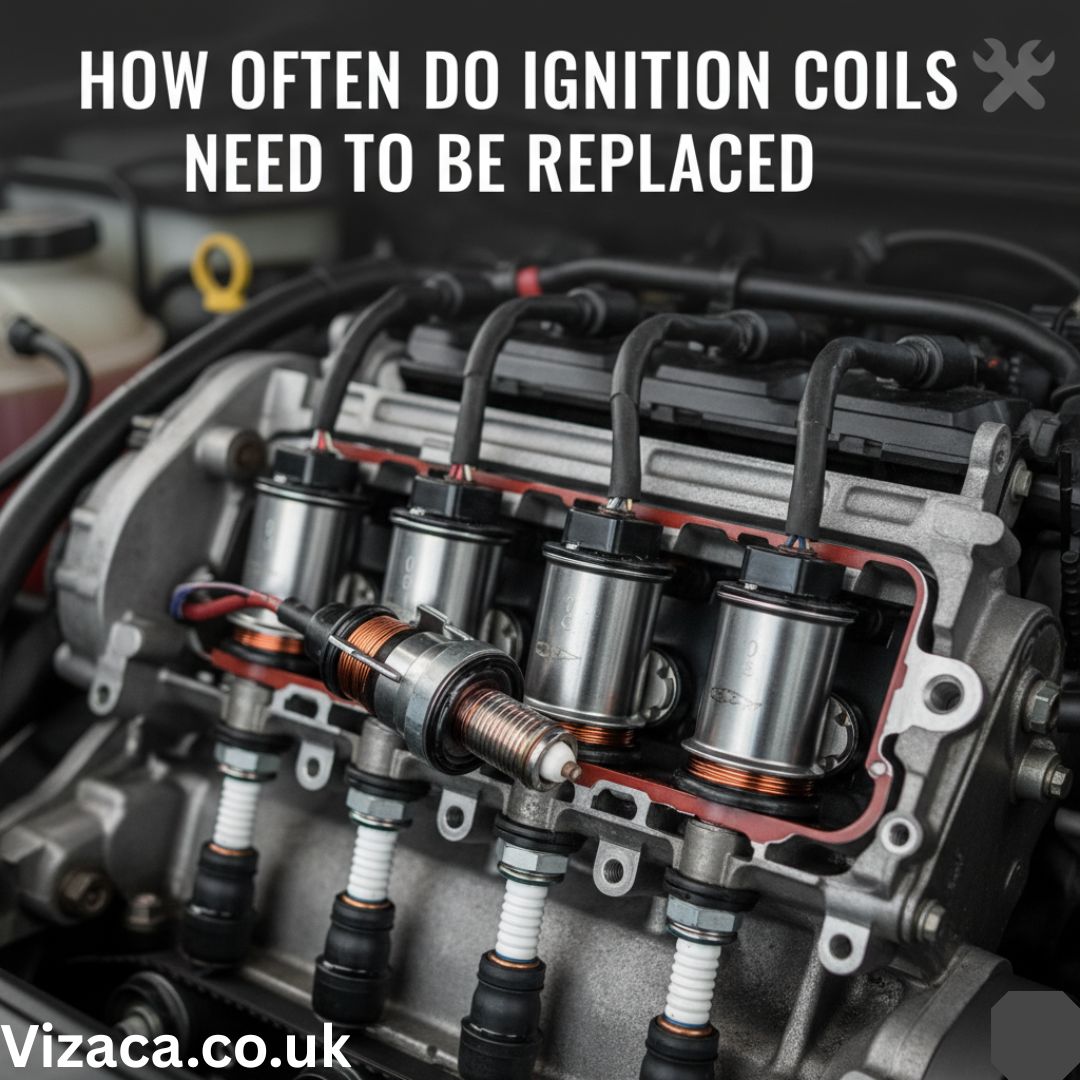If you’ve had a bottle of Lucas Fuel Treatment sitting in your garage or trunk for a while, you might be asking:
“Does Lucas Fuel Treatment expire?”
The short answer is: No, Lucas Fuel Treatment does not have a strict expiration date, but it’s best to use it within a few years for optimal performance.
Let’s break down what that means and how to store it properly.
What Is Lucas Fuel Treatment?
Lucas Fuel Treatment is a petroleum-based additive designed to:
- Clean fuel injectors and carburetors
- Improve combustion and fuel mileage
- Lubricate the fuel system
- Reduce emissions and deposits
Because it contains stable, oil-based ingredients, it doesn’t degrade quickly like food or water-based products.
Does It Have an Expiration Date?
No official expiration date is printed on most bottles, and Lucas Oil Products confirms that their fuel treatment is shelf-stable for many years when stored correctly.
However, over time, exposure to air, heat, or sunlight may affect:
- Viscosity (it could thicken)
- Additive effectiveness
- Packaging integrity (especially in extreme temperatures)
How to Store It for Maximum Shelf Life
To keep your Lucas Fuel Treatment in top condition:
✅ Store in a cool, dry place
✅ Keep the cap tightly sealed
✅ Avoid freezing or prolonged exposure to high heat
✅ Don’t open it unless you’re ready to use it
When stored properly, it can easily last 3–5 years or more without any noticeable drop in quality.
How to Know If It’s Still Good
Check for:
- Clear, amber color (not cloudy or dark)
- No chunks, sludge, or separation
- Mild petroleum smell (not sour or rancid)
- Sealed bottle or no signs of contamination
If everything looks and smells fine, it’s safe to use.
Final Thoughts
Lucas Fuel Treatment doesn’t technically expire, but like most automotive fluids, it performs best when used within a few years. As long as it’s stored in a sealed container away from extreme conditions, it should remain effective and safe for your engine.
So, if you find an old bottle on your shelf—it’s probably still good to go! ✅










